The Irish Times
Tuesday, February 9, 2010
DEREK SMYTH
RITE & REASON: Why were we so silent on child abuse? Why didn’t we speak up?
IN ORDER to respond appropriately to those who were abused by priests, we need to explore clerical culture, since research attests that it does contribute to the promotion of immaturity, arrested development and irresponsibility.
For example, early research by Conrad Baars and Anna Terruwe on priesthood within western Europe and North America in 1971 revealed that only 10-15 per cent of priests were mature; 60-70 per cent suffered from a degree of emotional immaturity; and 20-25 per cent had serious psychiatric difficulties. Ironically, these findings were never acted on.
Culture is defined as a shared system of beliefs and values. It has within it a cognitive, emotional and behavioural dimension.
Clerical culture influences the way a priest or bishop may think about a certain issue, feel about it and respond to it. However, like any culture, its ills cannot be addressed solely from within. Think of Northern Ireland. It was with the support of outside sources, particularly George Mitchell, that the road towards peace began.
For clerical culture, new structures are not sufficient, as there appears to be an innate “abuse system” within this culture. Even though it may now be forced to address the issue of sexual abuse, “abuse” may rear its ugly face in other forms.
One disturbing aspect for me is what I call a “convenient silence”. Why were we so silent? Why didn’t we speak up?
It is also the question asked by the Lutheran theologian Dietrich Bonhoeffer of the churches during the second World War. Bonhoeffer came, like most of us, from one of the mainline churches. However, as a result of a visit to the storefront churches in New York he would be changed forever.
Here he witnessed the spirit-filled worship of African- Americans. He was deeply moved as he remembered how they were captured, tortured, enslaved and here they were full of passion and hope in contrast to the sedate and passive ritual of his own church.
Despite being asked to stay in the safety of New York, he felt he had to return home to confront the Nazi movement in Germany.
He joined the Resistance and eventually was captured and executed by the Nazis.
For Bonhoeffer, one big question was: “Why were the churches so silent?”
I have observed the same silence, as in my time I have witnessed theologians being marginalised as Vatican II has been dismantled, and as the innocent in Ireland were sexually abused by brother priests. I am also part of this silence.
What causes this muteness that allows evil to flourish? It is my belief that people of my generation were conditioned by the church to distrust themselves.
Take, for example, a non-Catholic neighbour who died 40 years ago.
His/her Catholic friends were unable to pray in church with his grieving family. For most people at the time, this didn’t make sense.
Their own integrity was telling them that it was absurd.
However, such personal thoughts and beliefs were dismissed even to the point that people considered them sinful. In other words, we distrusted our own integrity and conformed with the directions of the church. And since we were made keep our thoughts to ourselves, we remained silent.
This behaviour was reinforced in our seminary training. We were conditioned to surrender to the institution, to the teachings, structures and disciplines of the church. Upon ordination we made a promise of obedience to the local bishop, and even our own letter of acceptance of a diocesan post was scripted for us.
Think of the docility of priests. A new bishop is appointed to a diocese and he decides to change direction.
The priests follow until another incumbent arrives and they are ready to go again in whatever direction he decides.
Tragically, it is within this culture that the governance of the church takes place and we are all guilty by association. It may be convenient to suggest that the auxiliary bishops must step down, but surely it is more honest to ask all of our generation to step down, ensuring a new beginning for all.
Dr Derek Smyth is a priest in Foxrock parish, Co Dublin. Prior to that he had been director of Emmanuel House, Santa Ana, California, where he worked as a psychotherapist. He has co-authored two books, Being There and Defusing the Bomb
dinsdag, februari 09, 2010
Priests are guilty by association for conforming to 'abuse system' Why were we so silent on child abuse? Why didn’t we speak up?
Abonneren op:
Reacties posten (Atom)
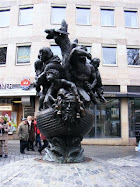
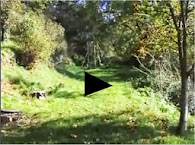
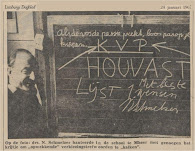

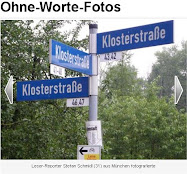
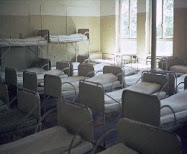






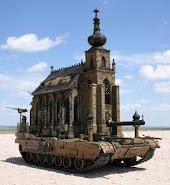



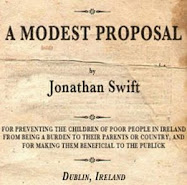


Geen opmerkingen:
Een reactie posten